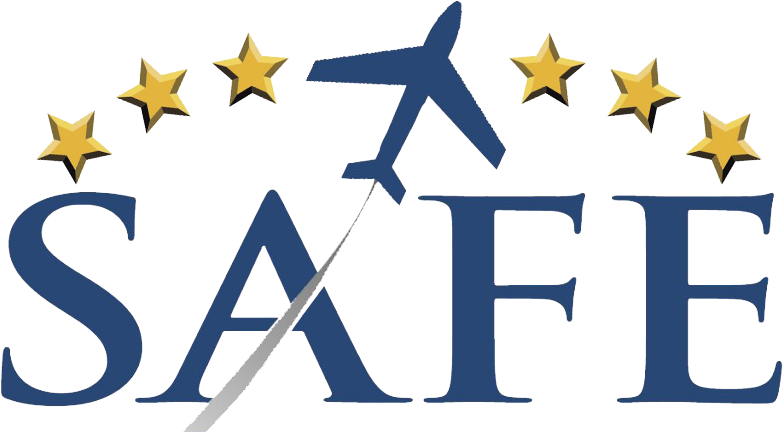Focus should be on Proficiency & Airmanship Skills, not Flight Hours
The Society of Aviation and Flight Educators (SAFE) recently submitted a response to the Notice of Proposed Rulemaking (NPRM), “Pilot Certification and Qualification Requirements for Air Carrier Operations” (Docket No. FAA-2010-0100; Notice No. 12-01). The four-page response was formulated based on input solicited from SAFE’s nearly 700 members and addresses four central questions:
- Should all pilots who transport passengers be required to hold an air transport pilot (ATP) certificate with the appropriate aircraft category, class, and type ratings?
- Should the FAA permit academic credit in lieu of required flight hours or experience?
- Should the FAA establish a new commercial pilot certificate endorsement that would address concerns about the operational experience of newly hired commercial pilots, require additional flight hours, and possibly credit academic training?
- Would an air-carrier-specific authorization on an existing pilot certificate improve safety?
Although SAFE provides justifications for its position, the short answer to the above was an unequivocal “no” on issues 1, 3, and 4, and a “no” on issue 2 unless academic experience can demonstrably produce equally or more proficient pilots.
The response also states that SAFE “strongly endorses the concept of continuing and expanding the focus on more meaningful check rides and recurrent training.” Moreover, the organization recommends that each training period “should end with appropriate evaluations designed to determine the level of retention and integration of the material trained, as opposed to a pilot’s ability to simply meet minimum criteria.”
Founded in 2009, the SAFE membership includes many of the industry’s top aviation educators as well as numerous local, regional, and national General Aviation Awards winners. The full SAFE response is available online at http://www.SafePilots.org/documents/SAFE_Response_ATP_Certification_NPRM.pdf.
